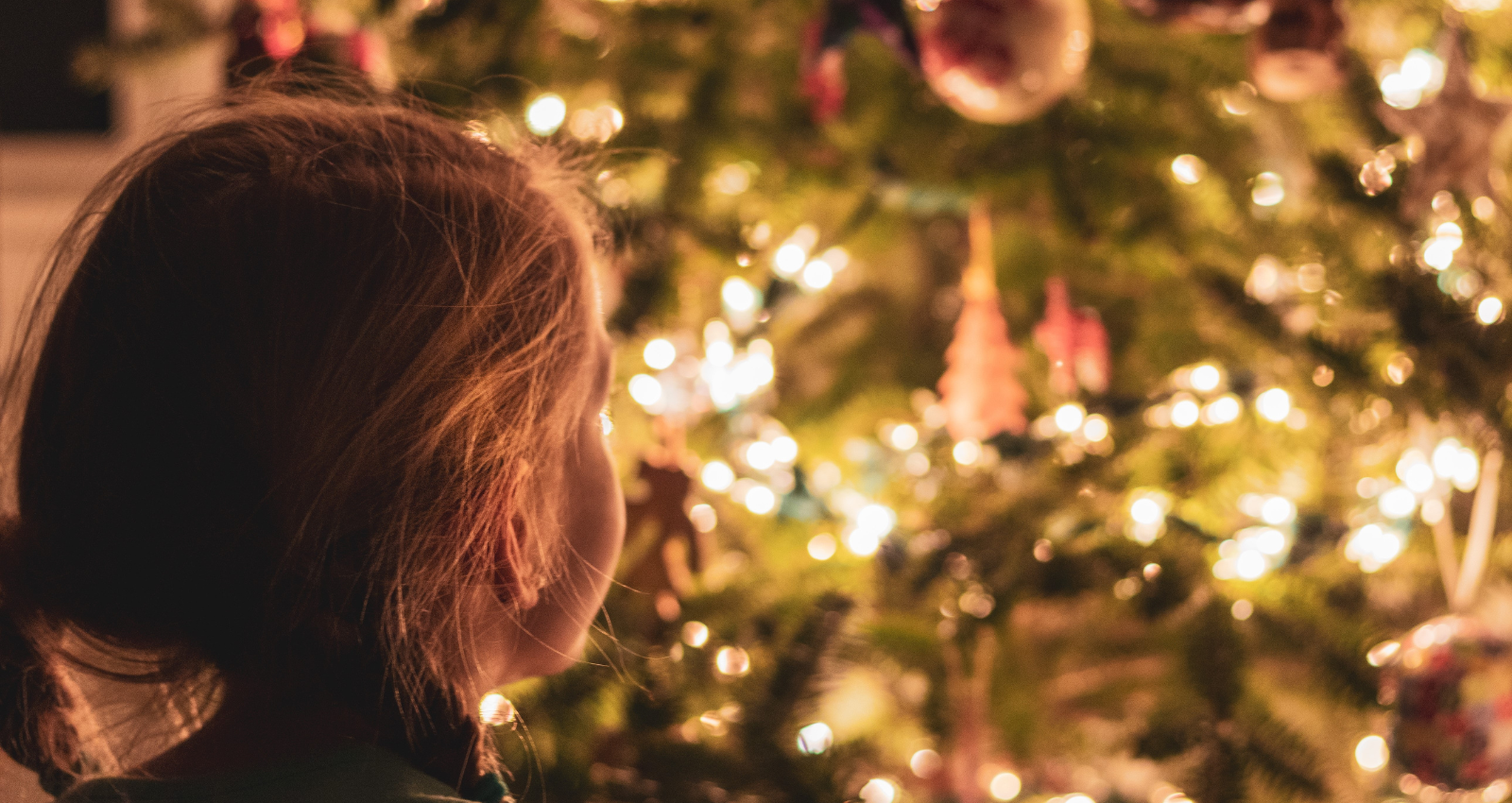
5 steps to host an autism-friendly Christmas
Christmas is supposed to be the most wonderful time of the year. Or so we’re told!
But for many families, it can be super stressful. If your child is autistic, the change in routine and the hustle and bustle of Christmas can cause anxiety and be really challenging. In this blog, we want to give you 5 steps to host your very own autism-friendly Christmas.
1.Throw all expectations out of the window and create your own traditions
This first step is so important. We are programmed to think that Christmas should look and feel a certain way. The truth is – and this isn’t just for parents of children with special needs – it is never like it looks in Christmas movies. Having a child with autism might mean that you must change so-called traditions and create your own, and that is just fine. Whatever works.
2. Be prepared!
Use social stories, calendars, visuals, books and old photos to prepare your child for Christmas. It will help them to visualise the changes that are about to come and hopefully help to reduce any anxieties. It might also help them to communicate to you any Christmas traditions that they don’t like.
3. To decorate or not?
For some children, light and Christmas decorations are sensory heaven. Yet for some, they are sensory overload, or the change is simply too much. If decorations make your child anxious, consider what decorations to put up, where you put them or whether to have them at all. It could be that simply adapting the decorations you have makes a huge difference. For example, changing a real tree, which has a strong fragrance, to a fake one.
4. An excuse not to have sprouts?
Lots of autistic children find mealtimes challenging and sensory issues around taste, texture and smell can cause anxiety and reduce the types of food that they eat. If your child eats the same food on Christmas Day, who cares? Don’t put pressure on yourself or them to eat a Christmas dinner. Perhaps a buffet would be easier. Even if everyone eats something different. It really doesn’t matter.
5. Avoid crowds if you need to and be honest!
Hopefully you have family and friends who understand that change and crowds can be difficult for your child. If not, be honest and let them know this. Avoid places with large crowds and if you want to attend some Christmas events, look at the local sensory-friendly ones or find ones that have a quiet space.

However you choose to celebrate Christmas, we hope that you have a great day and have fun making your own traditions and memories.

